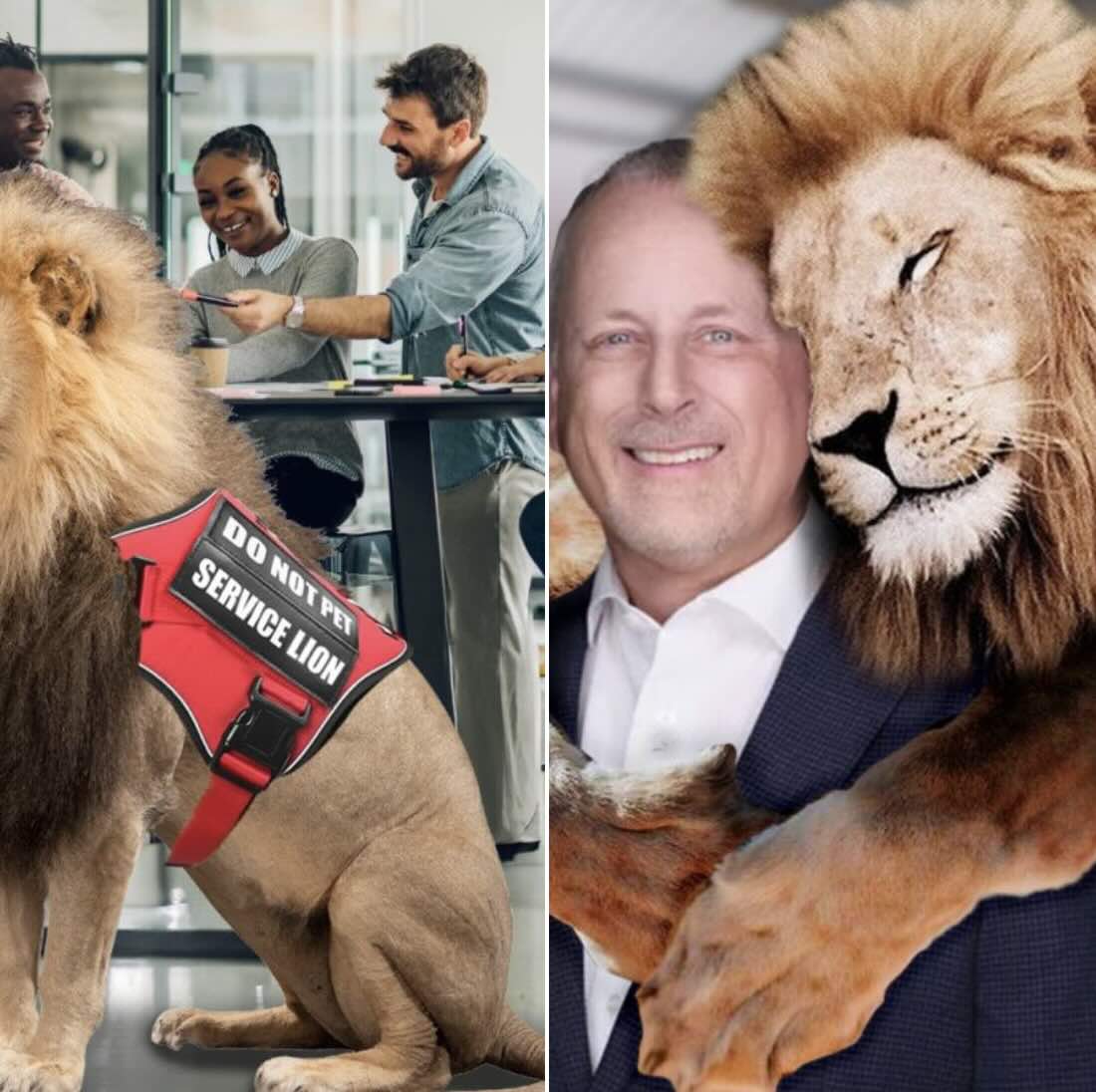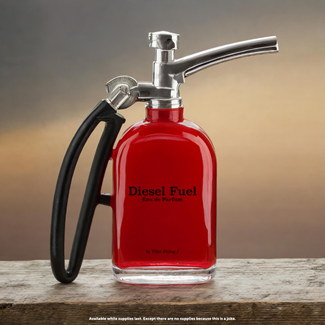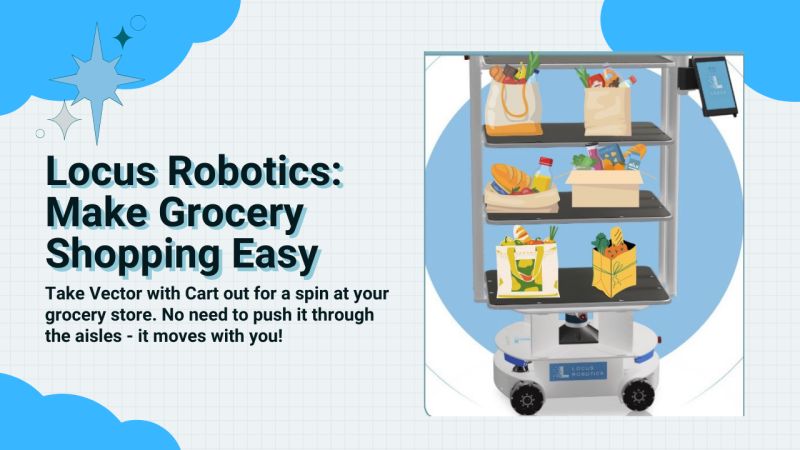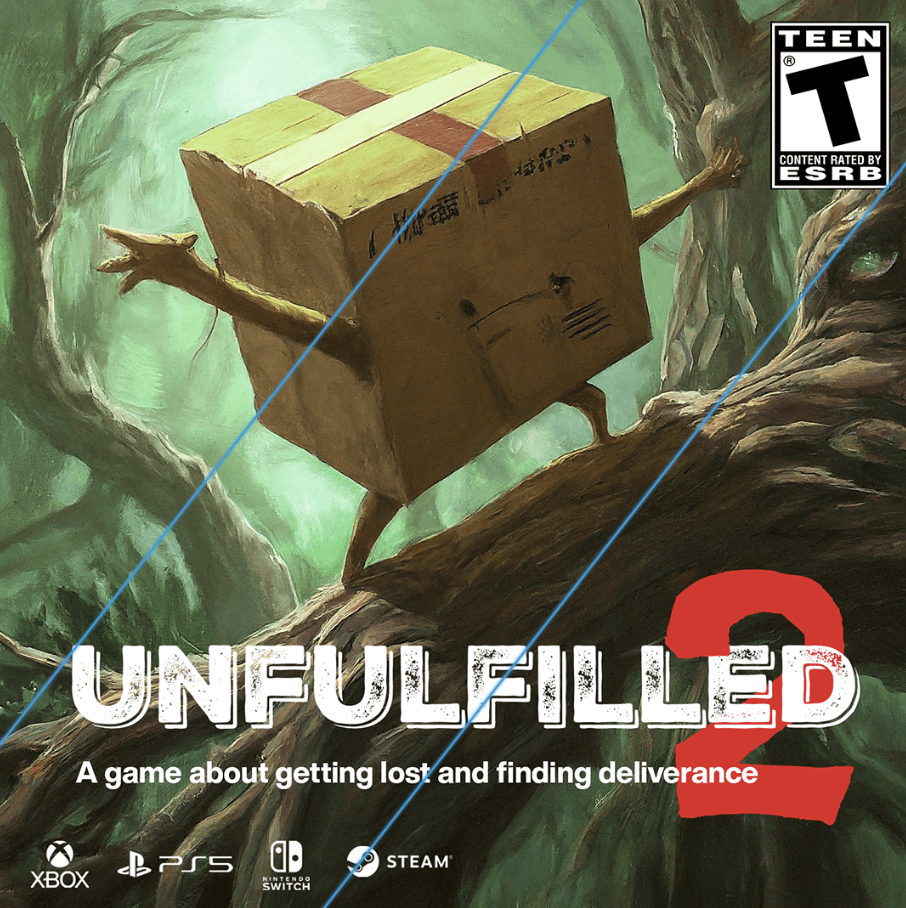Home » April Fools Day brings out supply chain pranks
April Fools Day brings out supply chain pranks
Foolish announcements include lunar pallets, grocery store AMRs, diesel perfume.

Supply chain industry press releases can sometimes make for some pretty dry reading, but there’s one day of the year when transportation and logistics professionals get downright goofy, as they rise to the challenge of posting prank news for April Fools Day.
Subscribers to this magazine might think that its editorial staff have better things to do than read through those fake announcements, but for you, dear reader, we’re willing to go the extra mile. And to be honest, I had to do a double-take at a couple of these announcements in order to sort out the humorous from the absurd.
Here are some highlights:
- The pallet specialist and supply chain solution provider CHEP is now offering pallet and container pooling solutions not just on Earth, but also on the Moon. The new offering is perfect for when your supply chain needs to go extra-terrestrial, the firm says.
- Warehouse automation vendor Locus Robotics has launched an autonomous mobile robot (AMR) that’s specialized for grocery shopping trips to the nearest supermarket. The “Locus Vector with Cart” product walks through the store with you, allowing consumers to scan their own items on the attached iPad, before rolling out to the person’s car to unload the goods.
- Rideshare and delivery service provider Uber has hired a golden retriever named Teddy as its first Chief Barketing Officer. The CBO’s days are filled with tasks ranging from negotiating treats to chasing the company’s KPIs (Kibble Performance Indicators).
- Logistics software vendor Manhattan Associates says its video gaming division, Manhattan Game Studios, has announced its first ever title. Known as “Unfulfilled 2,” the game is a story of getting lost and finding deliverance, told from the viewpoint of its lead character Bocksey, a humble shipping box lost in transit.
- The Buffalo, New York-based third party logistics provider (3PL) ROAR Logistics has adopted an emotional support lion named “Roary.” Thanks to his gentle and comforting presence and his plush and warm demeanor, Roary wanders through the office corridors, offering support and checking in on associates to ensure they are feeling their best.
- The Rye, New Hampshire-based supply chain automation consulting firm Robot Advisory Group has launched a product called the “Human Digital Twin” that serves as a perfect warehouse employee that will “never call in sick, complain, ask for a raise, or quit to work for the big box retailer’s DC across the street.” Unfortunately, the unit is capable of handling only virtual goods, such as NFT items, metaverse assets, or video game characters’ digital belongings.
- Travel center network Pilot Flying J has unveiled its first signature fragrance with the launch of Diesel Fuel, an eau de parfum. This diesel-forward fragrance embodies the sweet, yet potent fumes of benzene, and will fast-track wearers’ imaginations to setting out on the open road with a tank full of fuel and a world full of possibilities.





KEYWORDS CHEP Locus Robotics Manhattan Associates Pilot Flying J Roar Logistics Robot Advisory Group Uber
Related Articles

Ben Ames has spent 20 years as a journalist since starting out as a daily newspaper reporter in Pennsylvania in 1995. From 1999 forward, he has focused on business and technology reporting for a number of trade journals, beginning when he joined Design News and Modern Materials Handling magazines. Ames is author of the trail guide "Hiking Massachusetts" and is a graduate of the Columbia School of Journalism.
Copyright ©2024. All Rights ReservedDesign, CMS, Hosting & Web Development :: ePublishing